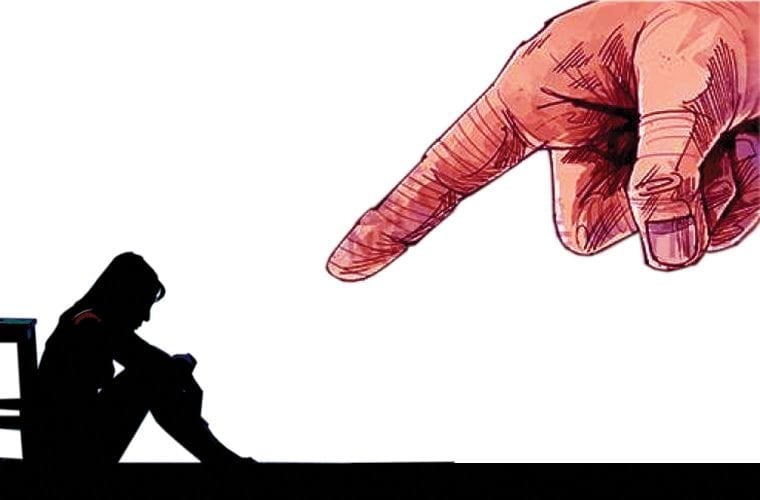
Anyone can become a victim of domestic violence. There should be no shame felt by the victim or negative views toward a victim of abuse. PERIOD. Abusers can be highly manipulative, strategic, and can break a person down a little at a time. The root of abuse is having power and control over the partner. The abuser will use intimidation, emotional abuse, isolation, blaming, denying, minimizing, they will use the children, economic abuse, and coercion, and threats. Recognize it. Be aware of it. Identify your own abusive relationship. Identify abuse in others’ relationships. Stop the Cycle.
THE CYCLE OF ABUSE
Explosion: The abuser may yell, humiliate, threaten, intimidate, or physically harm their partner. This is truly a scary and humiliating time for the victim.
Honeymoon: The abuser apologizes, saying they will never do it again. They may also act like nothing happened or blame their partner. The abuser may buy gifts or try to demonstrate their remorse in many forms. This phase can be confusing to the victim because they know the explosion was not okay, but maybe the abuser will change, right? WRONG.
Tension building: The abuser is easily irritated and shows signs of anger. They may become more demanding and pick arguments. The partner may feel the need to pacify the abuser and is on edge around the abuser.
The cycle continues…
Abusers use fear of keeping the children against their partner if they leave; guilt that the abuser cannot survive without them; shame that no one else will want them; and intimidation that they will use something against their partner to keep them from leaving. The abuser may also threaten to hurt their partner, the children, or others if they leave.
The best intervention is prevention. People need to recognize the warning signs and walk away then. The first time a partner makes you feel bad about yourself, forces you to do something you don’t want to do, or harms you in any way, LEAVE. If you stay, it becomes much harder to leave. When you have children with the abuser, it becomes even more difficult to leave. If you are in an abusive relationship, reach out to someone. A therapist, law enforcement, family, a friend anyone who can be the strength that you may have lost in the destructive relationship.
Do not judge your abusive relationship with other abusive relationships. If your partner makes you feel afraid, puts you down, makes you feel worthless, isolates you, keeps you financially dependent on them, physically or sexually hurts you, and/or threatens you then you are not in a healthy relationship. You should feel respected, safe, and cared for by your partner.
National Domestic Violence Hotline: 1-800-799-SAFE
At any given moment, you have the power to say: This is not how the story is going to end. –Christine Mason Miller

